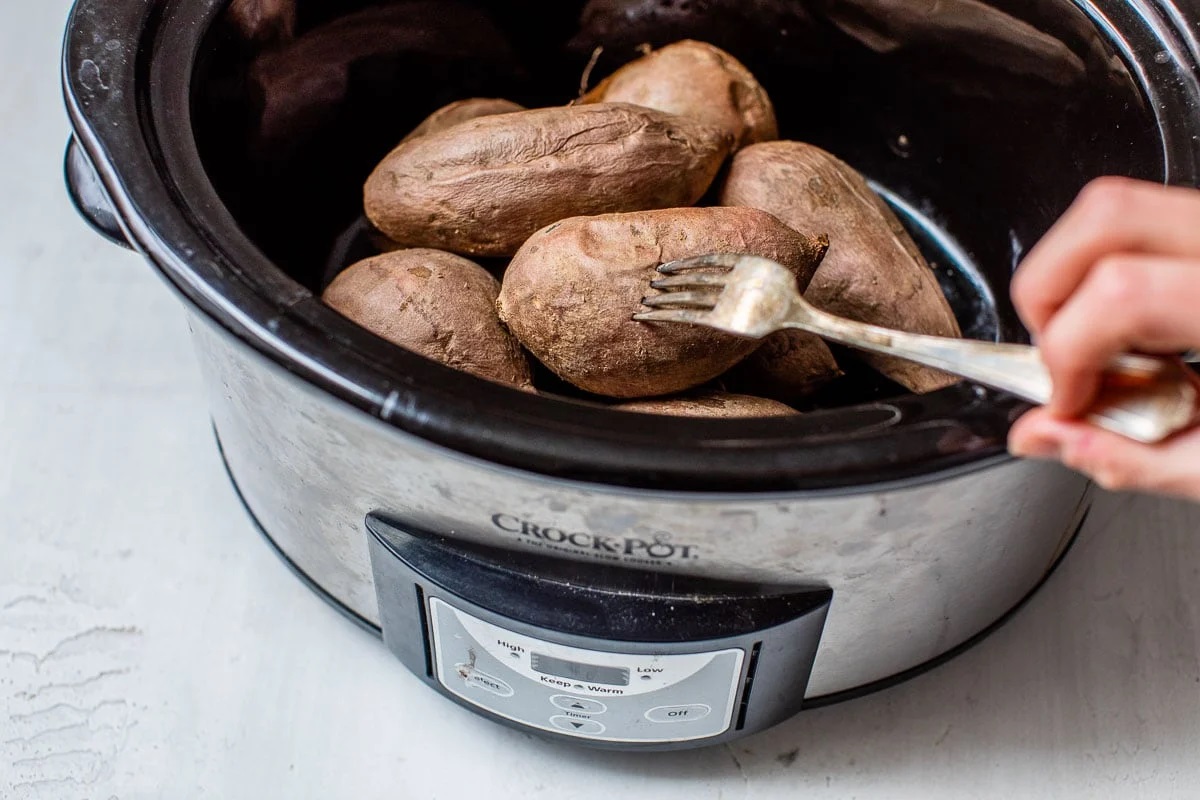

Articles
When To Put Potatoes In Slow Cooker
Modified: January 7, 2024
Discover the best time to put potatoes in a slow cooker with our informative articles. Learn how to cook delicious and tender potatoes every time.
(Many of the links in this article redirect to a specific reviewed product. Your purchase of these products through affiliate links helps to generate commission for Storables.com, at no extra cost. Learn more)
Introduction
Slow cookers have become a staple in many kitchens due to their convenience and ability to produce delicious meals with minimal effort. While they are commonly used for preparing soups, stews, and roasts, they are also excellent for cooking potatoes. Potatoes are a versatile and nutritious addition to any meal, and using a slow cooker to cook them can bring out their natural flavors and textures.
In this article, we will explore the benefits of using a slow cooker for potatoes and provide tips and tricks for achieving perfect results every time. Whether you are a seasoned slow cooker enthusiast or new to this cooking method, we’ve got you covered.
So why should you consider using a slow cooker for your potatoes? One of the main advantages is the convenience it offers. Slow cookers allow you to set it and forget it, freeing up your time to focus on other tasks. No more worrying about stirring, checking the temperature, or adjusting the heat. Simply add the ingredients, set the cooking time, and let the slow cooker do its magic.
Another benefit of using a slow cooker is the ability to infuse flavors into the potatoes. Slower cooking allows the ingredients to meld together, resulting in a more flavorful dish. The gentle and even heat distribution of a slow cooker ensures that the potatoes are cooked through while retaining their natural taste. Whether you prefer creamy mashed potatoes, tender roasted potatoes, or cheesy au gratin potatoes, the slow cooker can deliver mouthwatering results.
Additionally, using a slow cooker for potatoes can be a healthier option. Since you are cooking the potatoes in their own liquid, you can avoid adding excessive amounts of oil or butter. This means you can enjoy your favorite potato dishes guilt-free.
Now that we have discussed the benefits of using a slow cooker for potatoes, let’s dive into some factors to consider before deciding to use this cooking method.
Key Takeaways:
- Slow cookers offer convenience, enhanced flavor, and nutrient retention when cooking potatoes. Experiment with different varieties and recipes to enjoy delicious, hands-off potato dishes with minimal effort.
- Proper preparation, layering, and seasoning are key to achieving perfect slow-cooked potatoes. Follow safety precautions, adjust cooking times, and get creative with flavors for mouthwatering results.
Read more: When To Put Mushrooms In Slow Cooker
Benefits of Using a Slow Cooker for Potatoes
Slow cookers have gained popularity over the years for their ability to produce delicious and tender meals with minimal effort. When it comes to cooking potatoes, using a slow cooker offers numerous benefits that can elevate your potato dishes to a whole new level.
1. Enhanced Flavor: Slow cooking allows the potatoes to absorb the flavors of the other ingredients in the dish, resulting in a rich and flavorful taste. Whether it’s herbs, spices, or sauces, the slow cooker can infuse the potatoes with these delicious flavors, giving them a depth that is hard to achieve with other cooking methods.
2. Retains Nutrients: Slow cooking at low temperatures helps to preserve the nutrients in the potatoes. Unlike boiling or frying, which can cause nutrient loss, slow cooking keeps the vitamins and minerals intact, ensuring that you get the most out of your potatoes.
3. Tender Texture: Slow cooking allows the potatoes to slowly break down and become tender without losing their shape. This results in a creamy and melt-in-your-mouth texture that is perfect for dishes like mashed potatoes or potato casseroles.
4. Hands-off Cooking: One of the major advantages of using a slow cooker is that it requires minimal hands-on time. Once you’ve prepped the potatoes and set the slow cooker, you can go about your day and return to a perfectly cooked potato dish. This makes it ideal for busy individuals or for those who want a hassle-free cooking experience.
5. Versatility: Slow cookers offer a wide range of cooking options for potatoes. From traditional dishes like potato soup, scalloped potatoes, or roasted potatoes to unique recipes like potato curry or loaded baked potatoes, the slow cooker can handle it all. You can experiment with different flavors and ingredients, making each potato dish a delightful surprise.
6. Cost-effective: Slow cookers are energy-efficient appliances that consume less electricity than traditional ovens or stoves. This makes them a cost-effective option for cooking potatoes and other meals, saving you money on your utility bills.
7. Stress-free Cleanup: With a slow cooker, cleaning up is a breeze. Most slow cooker pots have removable inserts that are dishwasher-safe, making it easy to clean up after your meal. Say goodbye to scrubbing stubborn grease or burnt food off your pans.
Overall, using a slow cooker for potatoes not only saves you time and effort but also helps to enhance the flavor, retain nutrients, and achieve a tender texture. It offers versatility in terms of the dishes you can make and is a cost-effective and stress-free cooking method. So why not give it a try and enjoy the wonderful benefits of slow cooking with potatoes?
Factors to Consider when Deciding to Use a Slow Cooker
While slow cookers are a convenient and efficient way to cook potatoes, there are a few factors to consider before deciding to use this cooking method. Understanding these factors will help you determine if using a slow cooker is the right choice for your specific needs and preferences.
1. Cooking Time: Slow cooking is called “slow” for a reason. It generally takes longer to cook potatoes in a slow cooker compared to other methods such as boiling or baking. Depending on the recipe and the size of the potatoes, it can take anywhere from 4 to 8 hours to achieve the desired tenderness. If you are short on time or need to prepare the potatoes quickly, using a slow cooker might not be the best option.
2. Batch Size: Slow cookers come in various sizes, ranging from small to large. The size of your slow cooker will determine how much you can cook at once. If you have a large family or plan to cook for a crowd, make sure you have a slow cooker with a capacity that can accommodate the amount of potatoes you need. On the other hand, if you’re cooking for just one or two people, a smaller slow cooker will suffice.
3. Texture Preference: Slow cookers are great for achieving a tender and soft texture in potatoes. However, if you prefer crispy or crunchy potatoes, using a slow cooker might not deliver the desired results. Slow cooking can make the potatoes soft and moist, which is perfect for dishes like mashed potatoes or soups, but it may not give you the crispy exterior that baking or frying can provide.
4. Flavor Infusion: If you are looking to infuse bold flavors into your potatoes, slow cooking can be a great option. The longer cooking time allows the flavors to meld together, resulting in a more intense taste. However, if you prefer to have individual flavors stand out or want to maintain the natural taste of the potatoes, other cooking methods like roasting or boiling may be more suitable.
5. Potatoes Varieties: Not all potato varieties are created equal when it comes to slow cooking. Some varieties, like Russet or Yukon Gold, are better suited for slow cooking due to their high starch content, which helps them become tender and creamy. Waxy potatoes like Red or New Potatoes may not break down as easily in a slow cooker and can retain their shape more. Consider the specific variety of potatoes you have on hand and how it will perform in a slow cooker.
6. Desired Dish: The type of potato dish you want to make will also influence your decision to use a slow cooker. Slow cookers are ideal for dishes like stews, casseroles, or soups that require long, slow cooking times. However, if you’re looking to make dishes like potato gratins or scalloped potatoes that have a specific bake or broil finish, a slow cooker might not be the best choice.
7. Convenience: Lastly, consider your own convenience and lifestyle. Slow cookers are designed to be a hands-off cooking method, allowing you to prepare a meal and leave it to cook while you go about your day. If you prefer a more interactive cooking experience where you can monitor and adjust the dish, other cooking methods may be more suitable.
By considering these factors, you can determine if using a slow cooker is the right choice for your potato dish. While slow cookers offer many benefits, it’s important to be mindful of these considerations to ensure you achieve the desired results.
Best Types of Potatoes for Slow Cooking
Choosing the right type of potatoes is crucial when it comes to slow cooking. Not all potato varieties are created equal, and some perform better in a slow cooker than others. The texture, starch content, and flavor profile of the potatoes can significantly impact the outcome of your slow-cooked dishes. Here are some of the best types of potatoes to consider for slow cooking:
1. Russet Potatoes: Russet potatoes are a popular choice for slow cooking due to their high starch content. They have a fluffy and dry texture that breaks down easily during the slow cooking process, resulting in creamy and tender potatoes. Russets are perfect for making mashed potatoes, potato soups, or even potato casseroles.
2. Yukon Gold Potatoes: Known for their buttery and creamy texture, Yukon Gold potatoes are another excellent choice for slow cooking. They hold their shape well and have a slightly waxy texture that makes them perfect for dishes like scalloped potatoes or roasted potatoes. Yukon Gold potatoes also have a rich, sweet flavor that adds depth to your slow-cooked dishes.
3. Red Potatoes: Red potatoes have a waxy texture and a thin, smooth skin, making them great for slow cooking. While they may not break down as easily as other varieties, they hold their shape well and remain firm during extended cooking times. This makes them ideal for dishes like hearty stews or potato salads.
4. Sweet Potatoes: If you’re looking to add a touch of sweetness to your slow-cooked dishes, sweet potatoes are a fantastic option. They have a naturally sweet flavor and a creamy texture when cooked slowly. Sweet potatoes are perfect for making dishes like sweet potato casserole, slow-cooked sweet potato soup, or even roasted sweet potatoes for a wholesome side dish.
5. Fingerling Potatoes: Fingerling potatoes are small, elongated potatoes that come in various colors. They have a firm texture and a earthy, nutty flavor profile. Fingerling potatoes hold their shape well during slow cooking and are great for dishes like roasted potato medleys, or adding to stews and braises for an extra burst of flavor.
When selecting the best type of potatoes for slow cooking, consider the specific dish you intend to make and the desired texture and flavor you want to achieve. Experimenting with different potato varieties can provide a new level of depth and taste to your slow-cooked meals, elevating them to a whole new level.
Now that we’ve covered the best types of potatoes, let’s move on to some preparation tips for slow cooking potatoes to ensure you get the best results.
Preparation Tips for Slow Cooking Potatoes
Proper preparation of potatoes is essential when it comes to slow cooking. To ensure that your potatoes turn out perfectly tender and flavorful, follow these preparation tips:
1. Clean and Scrub the Potatoes: Start by thoroughly cleaning and scrubbing the potatoes to remove any dirt or debris. Since you’ll be slow cooking the potatoes with the skin on, it’s important to have clean potatoes to avoid any unwanted flavors.
2. Cut Potatoes into Even-sized Pieces: To ensure that the potatoes cook evenly, cut them into uniform-sized pieces. This will help to prevent some pieces from becoming mushy while others remain undercooked. Cut the potatoes into cubes, wedges, or slices, depending on the recipe or your personal preference.
3. Soak Potatoes in Cold Water: If you’re concerned about the potatoes turning brown or getting mushy, soak them in cold water for about 15 minutes before adding them to the slow cooker. This step can help to prevent discoloration and maintain the texture of the potatoes.
4. Pat Dry the Potatoes: After soaking the potatoes, make sure to pat them dry with a clean kitchen towel or paper towels. Excess moisture can result in a soggy texture, so removing any excess water will help to achieve a better end result.
5. Season Potatoes Before Cooking: Take the opportunity to season the potatoes before adding them to the slow cooker to infuse them with flavor. You can sprinkle them with salt, pepper, herbs, spices, or even drizzle them with olive oil or melted butter. These seasonings will penetrate the potatoes as they cook, enhancing their taste.
6. Layer Potatoes Properly: When placing the potatoes in the slow cooker, make sure to layer them evenly. Avoid overcrowding the potatoes to allow for proper heat distribution. If you’re cooking multiple ingredients along with the potatoes, layer them in the order specified in the recipe, with the potatoes typically at the bottom.
7. Use Appropriate Liquid: Adding a liquid to the slow cooker is essential to prevent the potatoes from drying out. Depending on the recipe, you can use water, broth, or a sauce as the cooking liquid. The liquid will help to keep the potatoes moist and absorb flavors during the slow cooking process.
8. Adjust Cooking Time and Temperature: Different slow cookers may have varying temperature settings. Adjust the cooking time and temperature according to your specific slow cooker and the desired level of tenderness for your potatoes. Keep in mind that slow cooking times can vary, so it’s always a good idea to check for doneness before serving.
By following these preparation tips, you can ensure that your slow-cooked potatoes turn out flavorful, tender, and perfectly cooked. Now that you’ve prepared your potatoes, let’s move on to exploring some mouthwatering recipes for slow cooker potatoes.
Read more: When To Add Potatoes In A Slow Cooker Stew
Recipes for Slow Cooker Potatoes
Slow cookers are a versatile kitchen tool that can produce an array of delicious potato dishes. Here are a few mouthwatering recipes for slow cooker potatoes that are sure to impress:
1. Slow Cooker Mashed Potatoes: These creamy and fluffy mashed potatoes require minimal effort. Start by peeling and chopping russet potatoes into cubes. Add them to the slow cooker along with chicken or vegetable broth, minced garlic, salt, and pepper. Cook on low for 4-6 hours or until the potatoes are tender. Once cooked, mash the potatoes with butter and milk until smooth and creamy. Serve as a comforting side dish for any meal.
2. Slow Cooker Cheesy Potatoes: If you’re a fan of cheesy and savory dishes, these slow cooker cheesy potatoes are a must-try. Combine sliced Yukon Gold potatoes, grated cheddar cheese, diced onions, minced garlic, milk, and seasonings in the slow cooker. Mix well, cover, and cook on low for 5-6 hours or until the potatoes are tender. The result is a gooey and cheesy potato casserole that pairs well with any main course.
3. Slow Cooker Potato Soup: Warm up on a chilly day with a hearty bowl of slow cooker potato soup. In the slow cooker, combine diced potatoes, chopped onion, minced garlic, chicken or vegetable broth, salt, pepper, and your choice of herbs. Cook on low for 6-8 hours or on high for 3-4 hours until the potatoes are fork-tender. Blend some of the soup to create a creamy base, then stir in heavy cream or milk. Serve with crispy bacon, shredded cheese, and chopped green onions on top.
4. Slow Cooker Scalloped Potatoes: Create a classic and indulgent side dish with slow cooker scalloped potatoes. Layer thinly sliced russet potatoes, diced onions, cheese, and a creamy sauce made from a mixture of milk, flour, butter, salt, and pepper in the slow cooker. Repeat the layers until all ingredients are used. Cook on low for 4-6 hours or on high for 2-3 hours until the potatoes are tender and the top is golden and bubbly. This dish is perfect for family gatherings or holiday meals.
5. Slow Cooker Roasted Potatoes: Enjoy the crispy and golden exterior of roasted potatoes with the convenience of a slow cooker. Cut fingerling or small Yukon Gold potatoes into halves or quarters and toss them with olive oil, minced garlic, dried herbs, salt, and pepper. Place them in the slow cooker and cook on low for 3-4 hours or on high for 1-2 hours until the potatoes are crispy on the outside and tender on the inside. These roasted potatoes make a flavorful side dish for any meal.
These recipes showcase just a few of the endless possibilities when it comes to slow cooker potatoes. Feel free to get creative and adapt the recipes to suit your taste preferences by adding your favorite seasonings, herbs, or toppings. With a slow cooker, you can easily turn potatoes into delicious and comforting meals without spending hours in the kitchen.
Now that you have some delectable recipes for slow cooker potatoes, let’s move on to discussing cooking times for different potato dishes in a slow cooker.
For best results, add potatoes to the slow cooker at the beginning of the cooking time for a longer cooking period, or during the last 2-3 hours for a shorter cooking period to avoid them becoming too mushy.
Cooking Times for Different Potato Dishes in a Slow Cooker
Cooking times may vary depending on the size of the potatoes, the type of slow cooker you’re using, and the specific recipe you’re following. However, here are some general guidelines for cooking different potato dishes in a slow cooker:
1. Mashed Potatoes: To make creamy mashed potatoes in a slow cooker, it typically takes around 4-6 hours on low heat. For best results, peel and chop the potatoes into small cubes to ensure even cooking. Cook them with broth or water until fork-tender, then mash and season them with your preferred ingredients.
2. Roasted Potatoes: Slow cooker roasted potatoes should be cooked on high heat for about 2-3 hours or on low heat for 4-6 hours. Cut the potatoes into wedges or cubes, toss them with oil and seasonings, and spread them in a single layer in the slow cooker to ensure they roast evenly.
3. Potato Soup: Creamy potato soup needs to simmer for a longer period to develop flavors. Cook the soup on low heat for 6-8 hours or on high heat for 3-4 hours. This allows the potatoes to break down and release their starches, resulting in a thick and creamy soup.
4. Scalloped Potatoes: Slow cooker scalloped potatoes require around 4-6 hours on low heat or 2-3 hours on high heat. Thinly sliced potatoes need sufficient time to cook through and soften, allowing the flavors to blend together to create a delicious and cheesy dish.
5. Whole Potatoes: If you’re cooking whole potatoes in a slow cooker, the cooking time can vary depending on their size. Small potatoes typically take around 4-6 hours on low heat, while larger potatoes may require 6-8 hours. Pierce the potatoes with a fork to check for tenderness before serving.
Keep in mind that the cooking times mentioned are general estimates, and it’s essential to check for doneness using a fork or knife. The potatoes should be fork-tender and easily pierced. It’s always recommended to consult the specific recipe you’re following for exact cooking times and instructions.
Now that you’re aware of the cooking times for different potato dishes in a slow cooker, let’s move on to some tips for achieving the perfect texture and flavor when cooking potatoes in a slow cooker.
Tips for Achieving the Perfect Texture and Flavor
When cooking potatoes in a slow cooker, following these tips can help you achieve the perfect texture and flavor:
1. Choose the Right Potatoes: Different potato varieties offer different textures and flavors. Choose the right type of potato for your dish. Russet potatoes are great for creamy mashed potatoes, while Yukon Gold or red potatoes work well for roasted or scalloped dishes.
2. Cut Potatoes Uniformly: To ensure even cooking, cut the potatoes into uniform-sized pieces. This will help them cook at the same rate and achieve a consistent texture.
3. Season Generously: Potatoes can be quite bland on their own, so be generous with your seasonings. This will ensure that the flavors penetrate the potatoes, resulting in a more delicious dish. Experiment with herbs, spices, garlic, or even seasonings like paprika or cayenne pepper to enhance the flavor.
4. Layer Ingredients Properly: When using multiple ingredients in a slow cooker, layer them properly. Place the potatoes at the bottom and other ingredients, such as meats or vegetables, on top. This allows the potatoes to cook in the juices and flavors released by the other ingredients.
5. Stir Occasionally: While slow cookers are designed for hands-off cooking, it’s a good idea to give the potatoes a gentle stir occasionally. This will help distribute the flavors and ensure even cooking throughout the dish.
6. Adjust Cooking Time: If you find that your potatoes are still undercooked or overcooked at the end of the recommended cooking time, don’t hesitate to adjust the cooking time. Each slow cooker operates differently, so use your judgment to achieve the desired texture and tenderness.
7. Be Mindful of Dairy: If you’re adding dairy products like milk, cream, or cheese to your slow cooker potato dish, be cautious. Dairy can curdle or separate when cooked for an extended time. Consider adding dairy towards the end of the cooking process or stirring it in just before serving to prevent any unwanted texture changes.
8. Don’t Overcook: While slow cooking is all about long cooking times, be careful not to overcook the potatoes. Overcooked potatoes can become mushy and lose their texture. Check for doneness by testing the potatoes with a fork or knife before serving. They should be tender but not disintegrate easily.
By following these tips, you can ensure that your slow cooker potato dishes have the perfect texture and are bursting with flavor. Don’t be afraid to experiment and adjust the seasoning to suit your personal taste. With a little practice, you’ll become an expert at creating delicious potato dishes in your slow cooker.
Now that you’re armed with these tips, let’s move on to discussing some safety precautions when using a slow cooker for potatoes.
Safety Precautions when Using a Slow Cooker for Potatoes
While slow cookers are generally considered safe to use, it’s important to keep a few safety precautions in mind when cooking potatoes or any other ingredients. Here are some essential safety tips to follow:
1. Read the User Manual: Before using your slow cooker, carefully read the user manual provided by the manufacturer. Familiarize yourself with its features, recommended usage, and safety guidelines specific to your model.
2. Use the Right Size Slow Cooker: Ensure that the size of your slow cooker is appropriate for the amount of potatoes you plan to cook. Overfilling the slow cooker can cause the food to cook unevenly and potentially pose a safety risk.
3. Handle with Care: Slow cookers can get hot during the cooking process. Always use oven mitts or pot holders when handling the slow cooker or its contents, especially when removing the lid or adjusting settings.
4. Keep the Lid Secure: It’s crucial to keep the lid securely in place while cooking. This helps maintain a controlled cooking environment and prevents any potential accidents or spills. Avoid constantly lifting the lid to check on the progress, as this can increase the cooking time and compromise temperature maintenance.
5. Practice Proper Food Handling: When preparing potatoes or any other ingredients, follow safe food handling practices. Wash your hands thoroughly before and after handling raw potatoes, and ensure that all utensils and surfaces are clean to prevent cross-contamination.
6. Use Adequate Liquid: When slow cooking potatoes, ensure that there is adequate liquid in the slow cooker. This prevents the food from drying out and helps maintain a safe cooking temperature. Follow the recipe guidelines regarding the amount of liquid to be used.
7. Monitor Cooking Times: While slow cookers are designed for long, unattended cooking, it’s essential to be mindful of cooking times. Overcooking can lead to food safety concerns, and undercooking may result in inedible or unsafe dishes. Follow the recipe guidelines and check for doneness using a food thermometer or by testing the potatoes with a fork.
8. Store Leftovers Properly: If there are any leftover potatoes, remember to store them in the refrigerator or freezer promptly. Bacteria can grow rapidly in improperly stored food, leading to foodborne illnesses. Package the leftovers in airtight containers and refrigerate or freeze them within two hours of cooking.
By following these safety precautions, you can ensure a safe and enjoyable cooking experience when using a slow cooker for potatoes. It is always better to err on the side of caution and prioritize food safety at all times.
Now that we’ve covered safety precautions, let’s move on to addressing some frequently asked questions about slow cooking potatoes.
Frequently Asked Questions (FAQs)
Q: Can I put raw potatoes in a slow cooker?
A: Yes, you can put raw potatoes in a slow cooker. However, keep in mind that slow cooking takes longer than other cooking methods, so the potatoes may take several hours to cook until they are tender. It’s also important to cut the potatoes into uniform pieces for even cooking.
Q: Do I need to peel the potatoes before putting them in a slow cooker?
A: Whether or not to peel the potatoes is a matter of personal preference and the specific recipe you’re using. If you enjoy the texture and flavor of potato skin, you can leave it on. However, if you prefer potatoes without the skin, feel free to peel them before adding them to the slow cooker.
Q: How much liquid should I add to the slow cooker when cooking potatoes?
A: The amount of liquid you need to add depends on the specific recipe you’re following. As a general rule, it’s advisable to add enough liquid, such as broth or water, to partially cover the potatoes. This helps to prevent them from drying out during the long cooking process.
Q: Can I cook different types of potatoes together in a slow cooker?
A: Yes, you can cook different types of potatoes together in a slow cooker. Just keep in mind that different potato varieties may have slightly different cooking times and textures. To ensure even cooking, cut them into similar-sized pieces and monitor their doneness individually.
Q: Can I use frozen potatoes in a slow cooker?
A: It’s generally not recommended to use frozen potatoes in a slow cooker, as they can release excess moisture and affect the texture of the dish. It’s best to thaw frozen potatoes before adding them to the slow cooker for optimal results.
Q: Can I cook potatoes on high heat in a slow cooker?
A: Yes, you can cook potatoes on high heat in a slow cooker for a shorter duration. Just keep in mind that cooking times may need to be adjusted, as high heat can affect the texture and tenderness of the potatoes. It’s essential to monitor the potatoes closely and check for doneness with a fork or knife.
Q: Can I slow cook potatoes overnight?
A: It is generally safe to slow cook potatoes overnight, as long as you follow the recommended cooking times and safety guidelines. However, it’s important to ensure that the slow cooker is in good working condition and is placed in a safe location away from flammable objects.
Q: Can I reheat slow-cooked potatoes?
A: Yes, you can reheat slow-cooked potatoes. To maintain their texture and flavor, it’s best to reheat them gently on the stovetop or in the oven. Avoid reheating in the slow cooker, as it can result in overcooking and mushy texture.
These are some of the frequently asked questions regarding slow cooking potatoes. If you have additional questions or need further clarification, consult the specific recipe or reach out to a trusted source or culinary professional.
Now that we’ve addressed the FAQs, let’s wrap up this article.
Conclusion
Cooking potatoes in a slow cooker offers a convenient and flavorful way to enjoy this versatile and nutritious ingredient. Whether you’re making mashed potatoes, roasted potatoes, soups, or casseroles, the slow cooker can help you achieve amazing results with minimal effort.
In this article, we discussed the benefits of using a slow cooker for potatoes, including enhanced flavor, nutrient retention, and tender texture. We also explored the factors to consider before using a slow cooker, such as cooking time, batch size, and desired dish outcomes.
We then delved into the best types of potatoes for slow cooking, highlighting options like Russet, Yukon Gold, Red, and Sweet potatoes. Each variety brings its unique texture and flavor profile to your dishes, allowing for endless culinary possibilities.
Next, we provided preparation tips to ensure your slow-cooked potatoes turn out perfect. From cleaning and cutting the potatoes to proper seasoning and layering, these tips help set the foundation for a delicious outcome.
We also shared delectable recipes for slow cooker potatoes, including mashed potatoes, cheesy potatoes, potato soup, scalloped potatoes, and roasted potatoes. These recipes showcase the versatility and mouthwatering potential of using a slow cooker for potatoes.
To ensure the best results, we discussed cooking times for different potato dishes in a slow cooker, allowing you to plan your meals effectively. Additionally, we provided tips for achieving the ideal texture and flavor, such as choosing the right potatoes, seasoning generously, and practicing proper food handling.
Lastly, we emphasized the importance of safety precautions when using a slow cooker for potatoes. By following the guidelines, you can ensure a safe and enjoyable cooking experience.
Remember, slow cooking is all about patience and allowing the flavors to develop over time. With the right ingredients, techniques, and creativity, you can enjoy a wide range of delicious and comforting potato dishes straight from your slow cooker.
So, grab your favorite variety of potatoes, dust off your slow cooker, and embark on an exciting culinary journey that will leave you with delectable and flavorful potato creations.
Frequently Asked Questions about When To Put Potatoes In Slow Cooker
Was this page helpful?
At Storables.com, we guarantee accurate and reliable information. Our content, validated by Expert Board Contributors, is crafted following stringent Editorial Policies. We're committed to providing you with well-researched, expert-backed insights for all your informational needs.
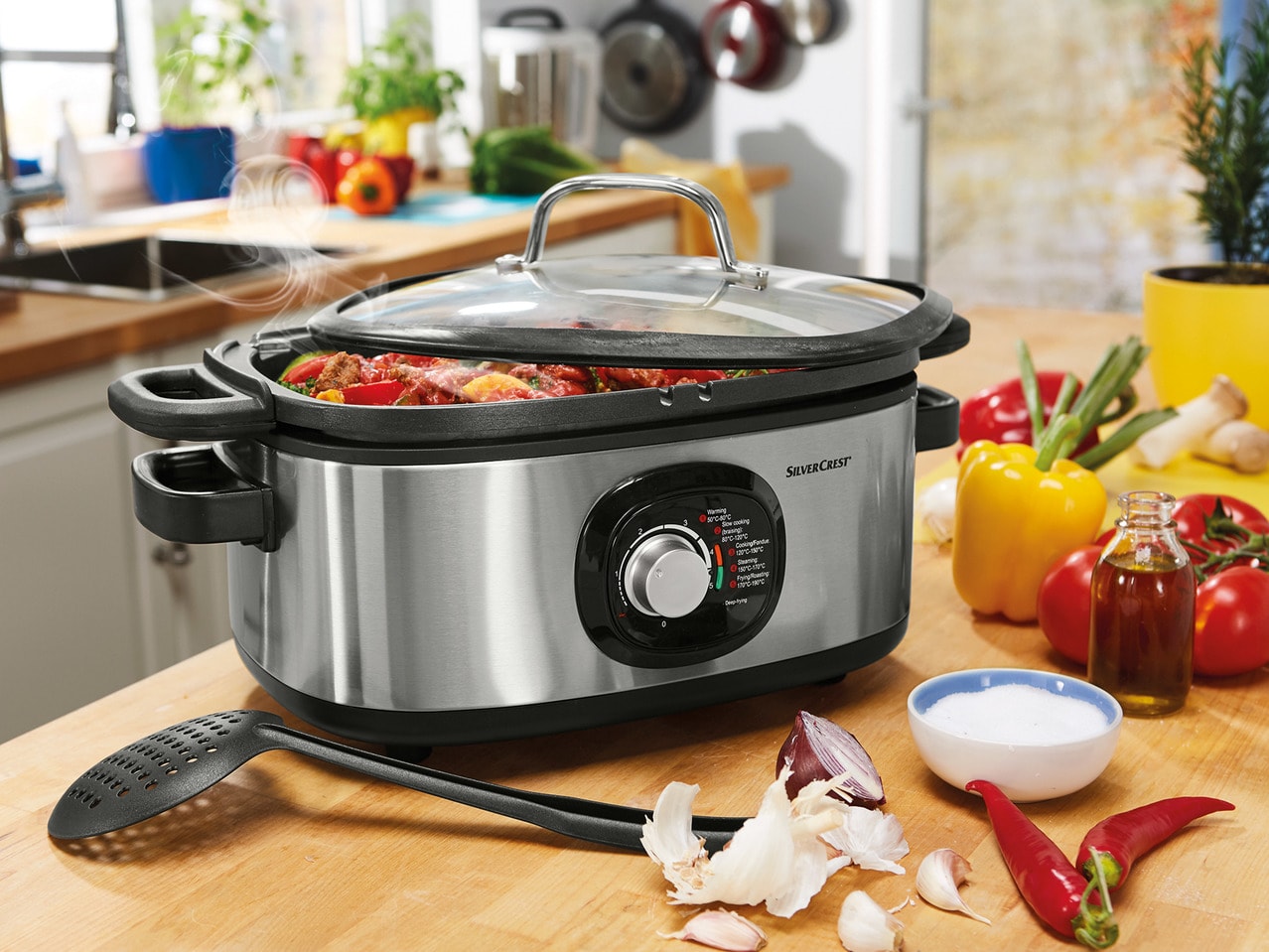
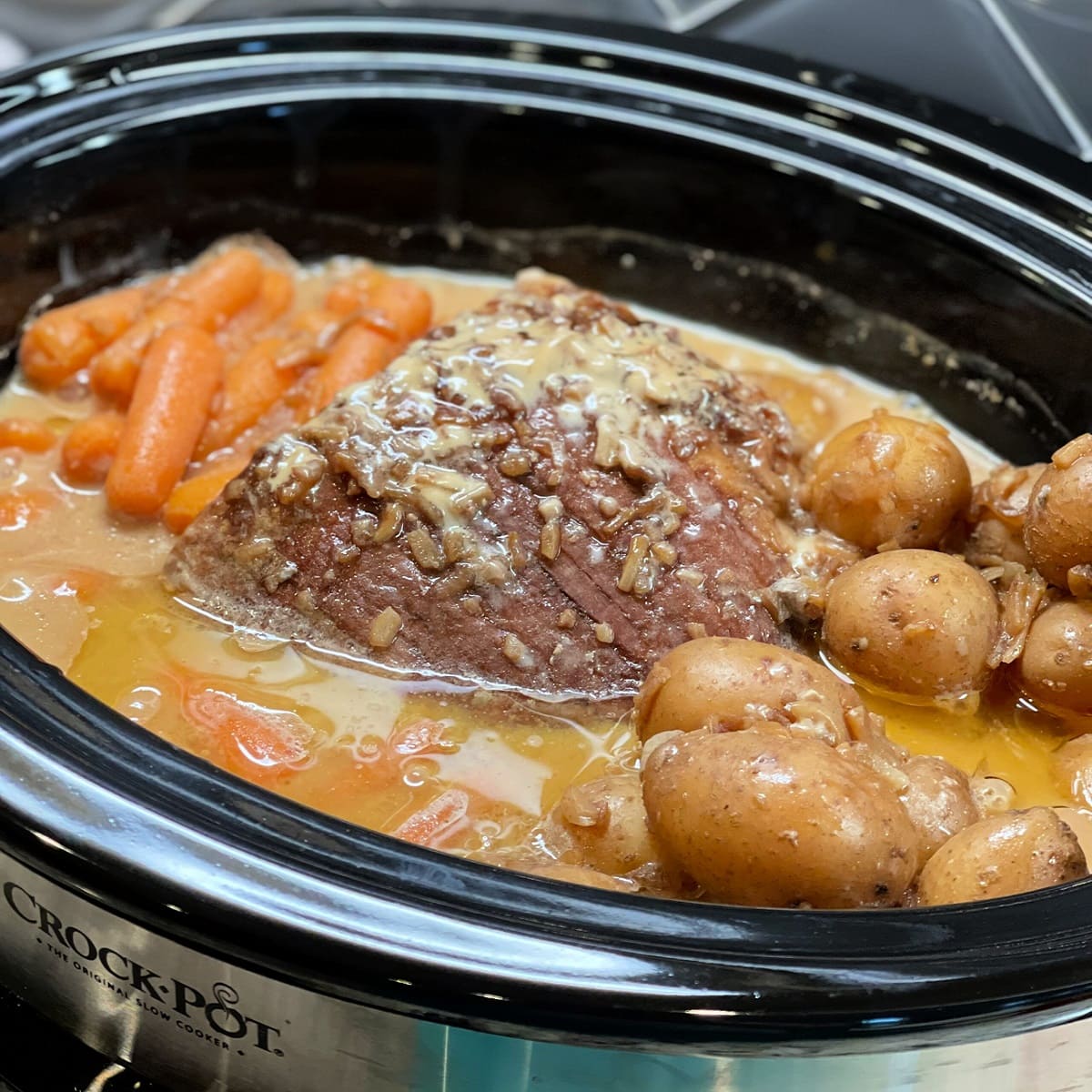
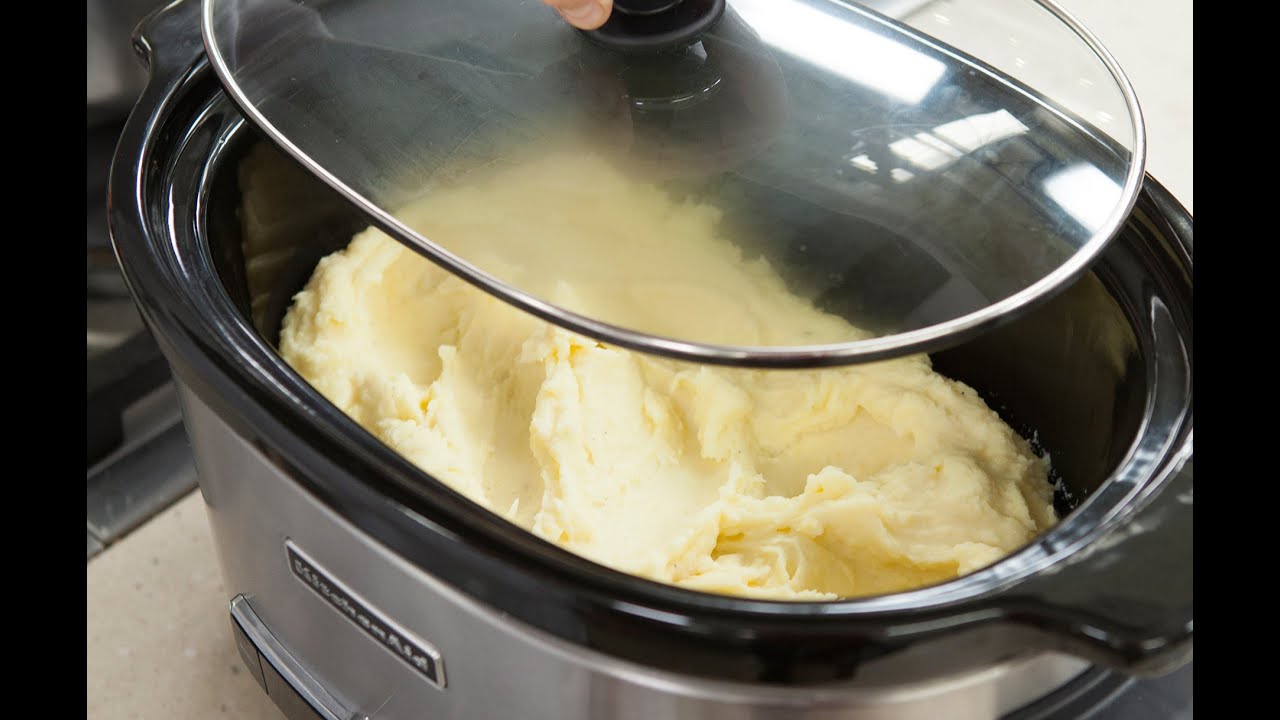
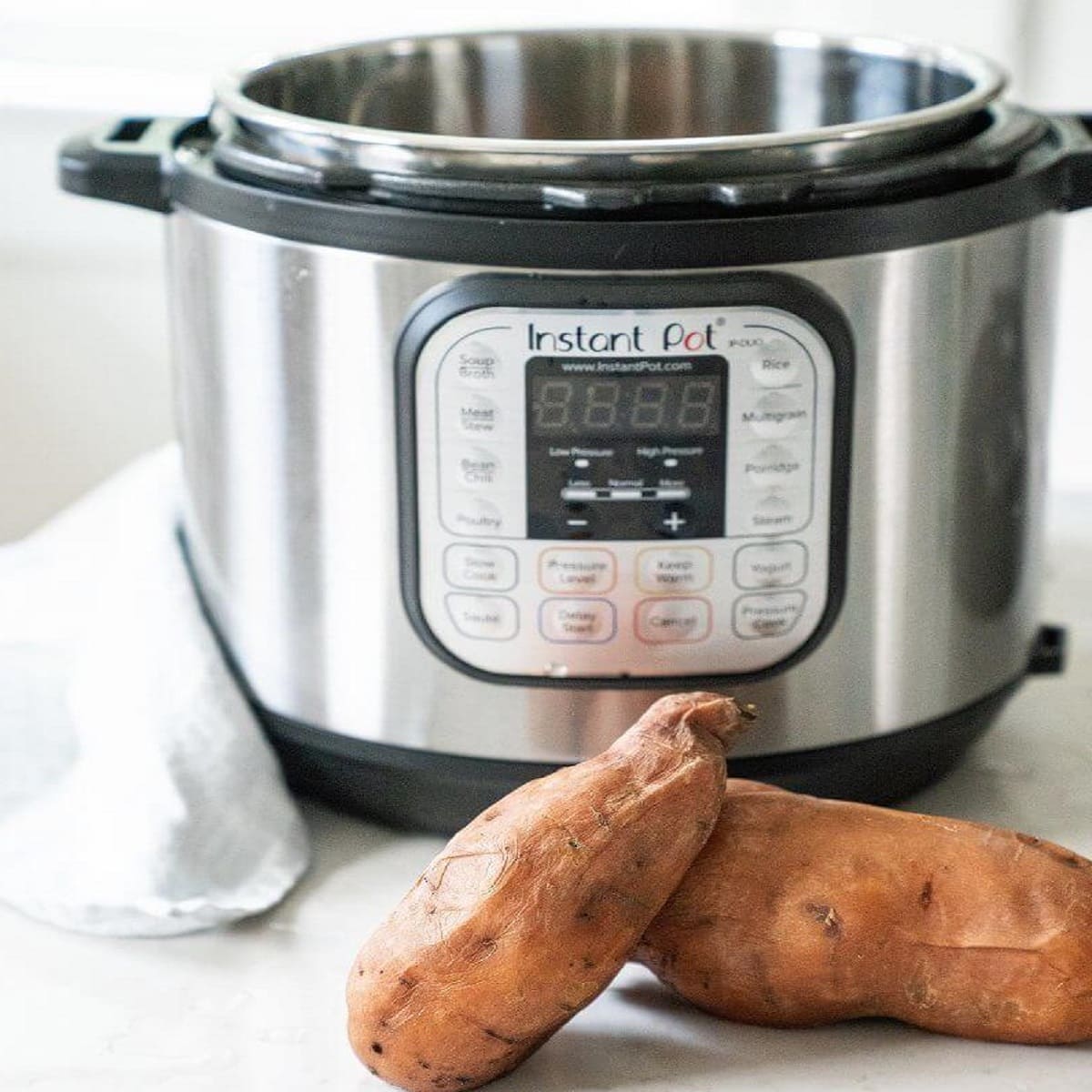
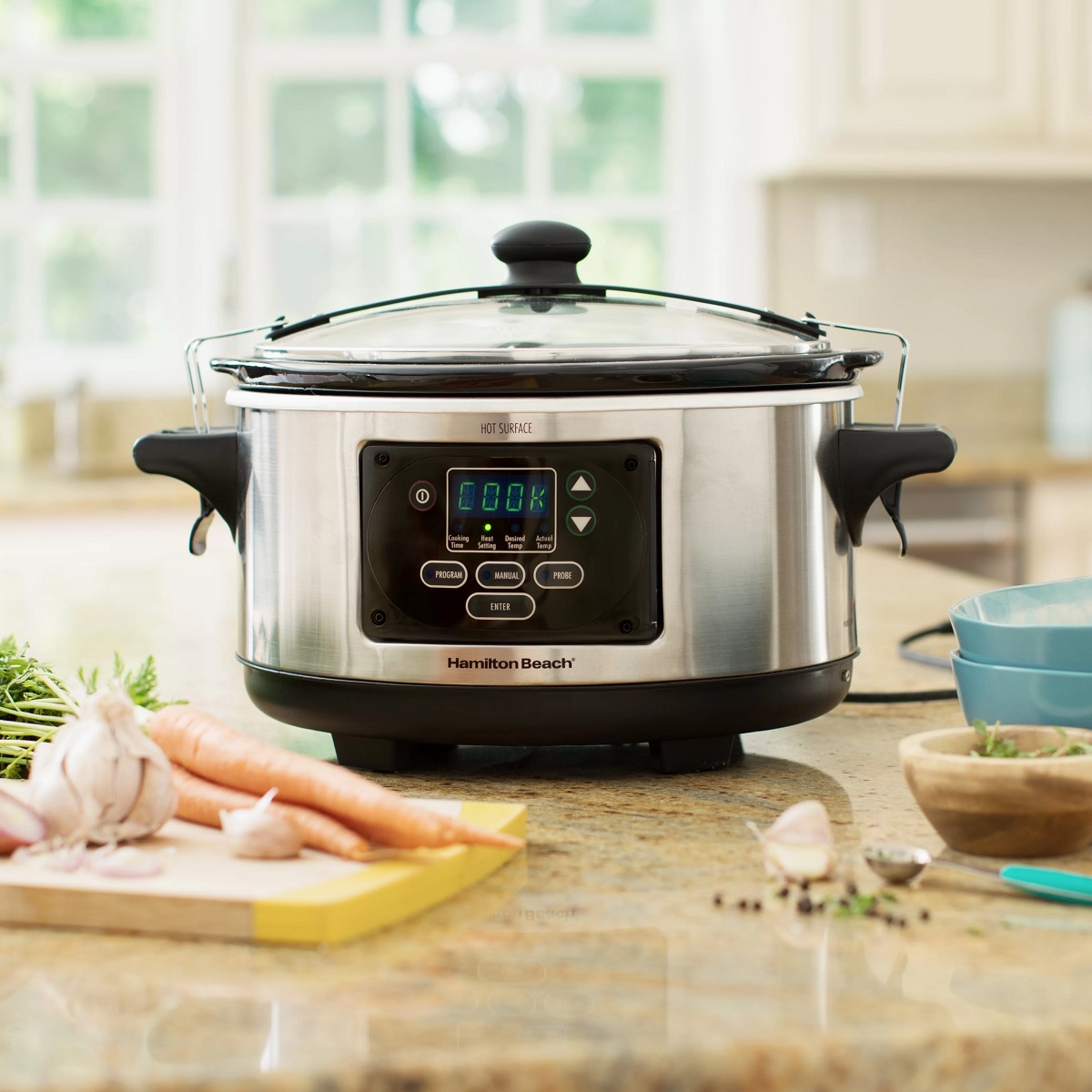
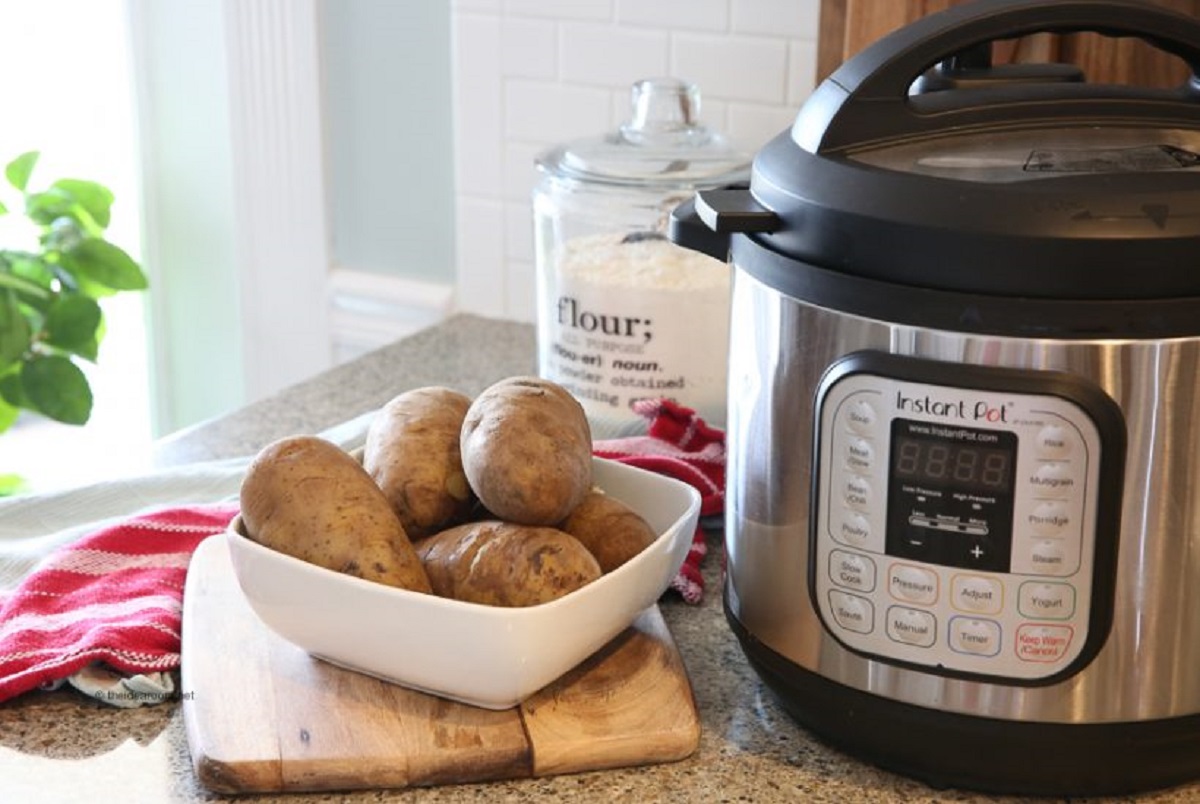
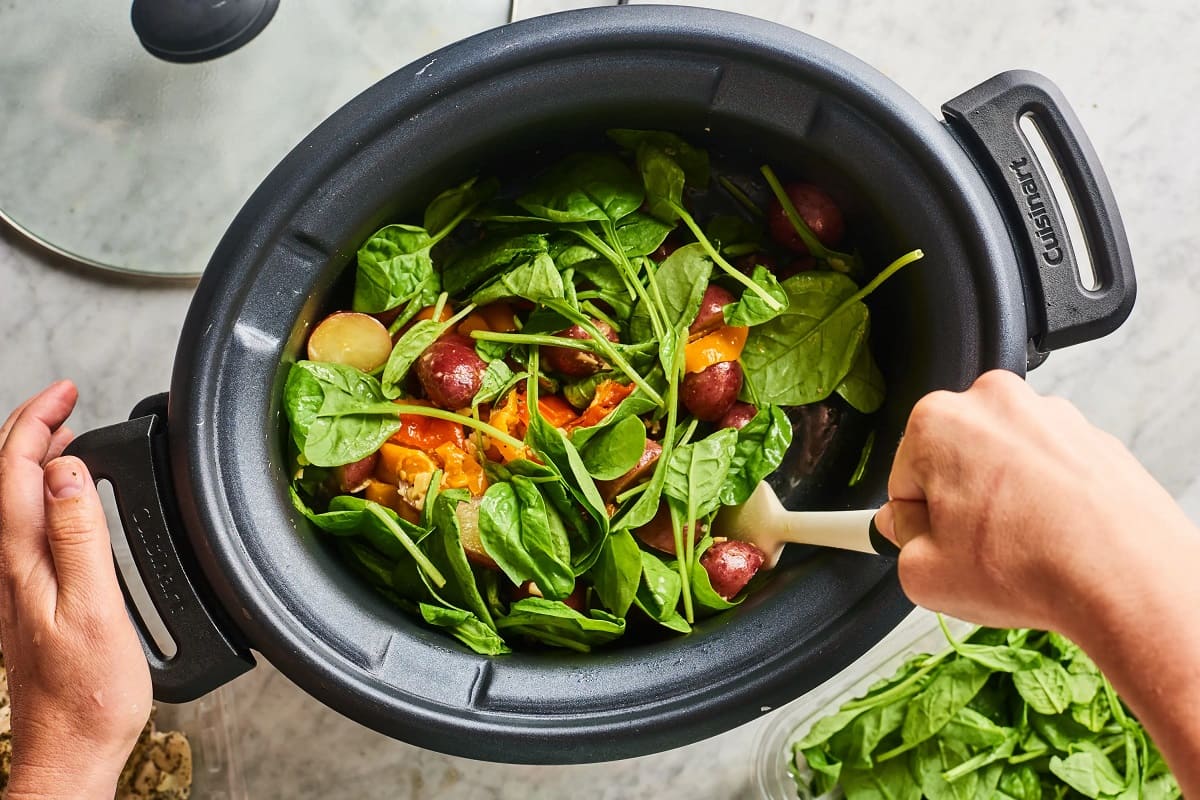
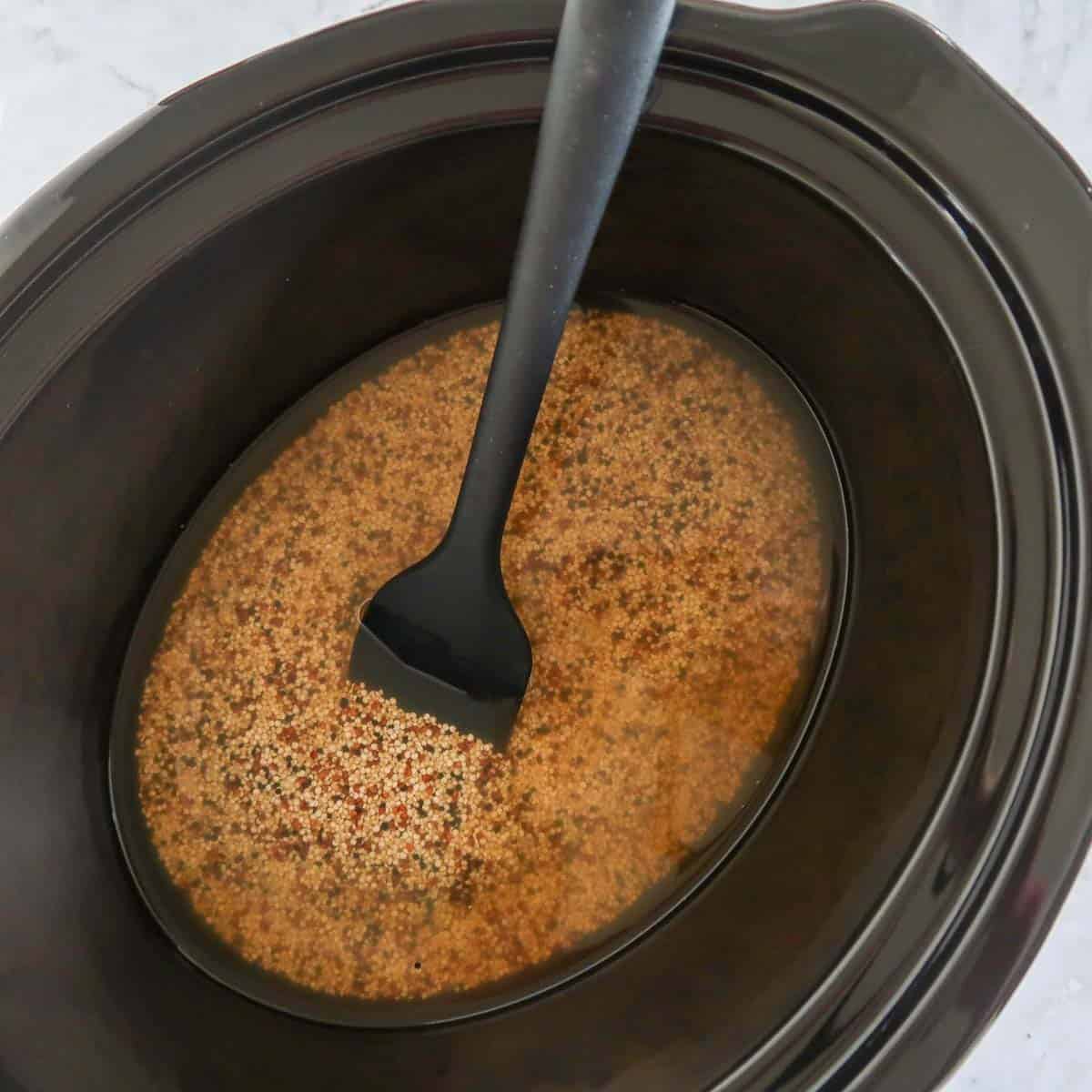
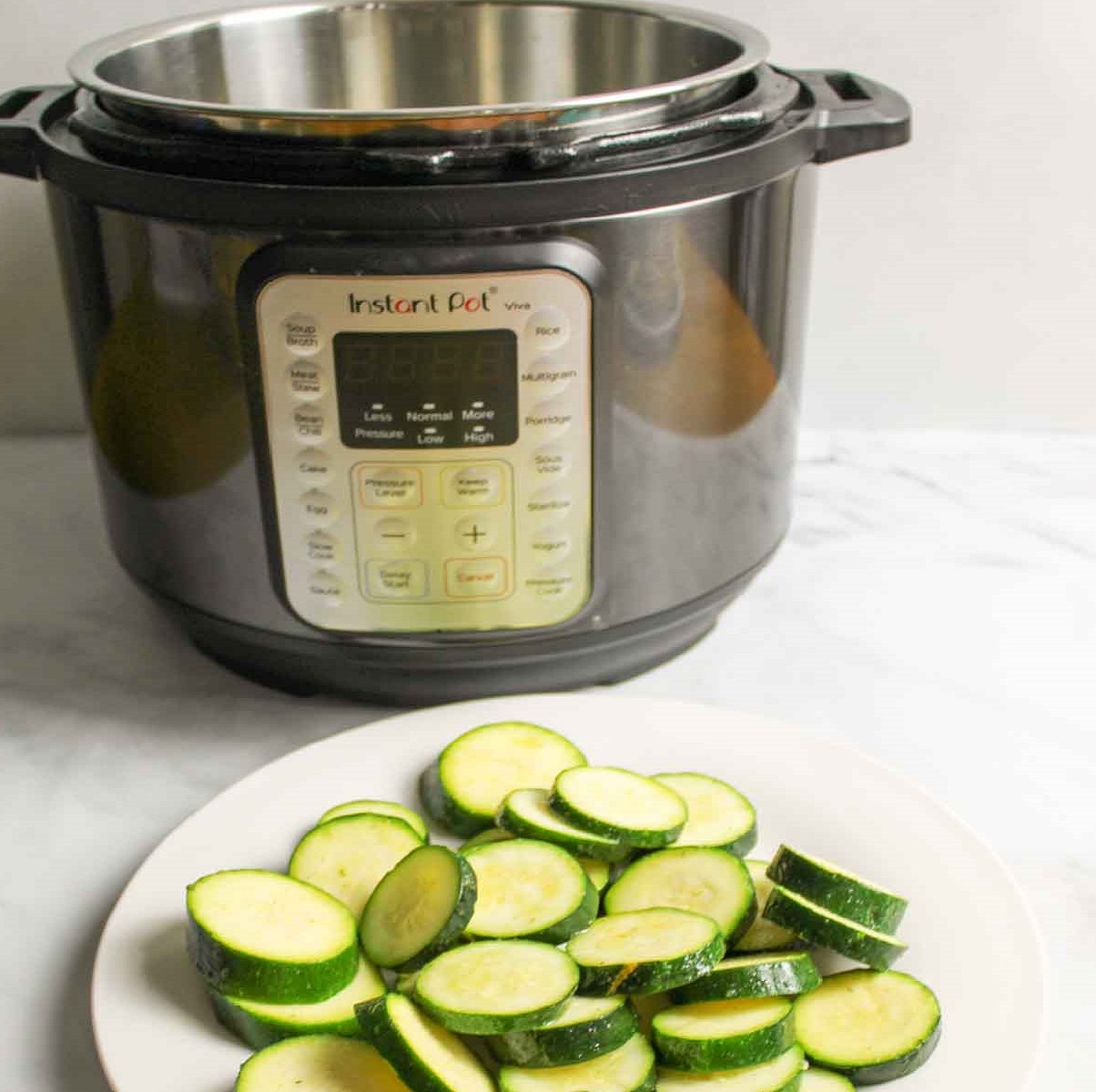
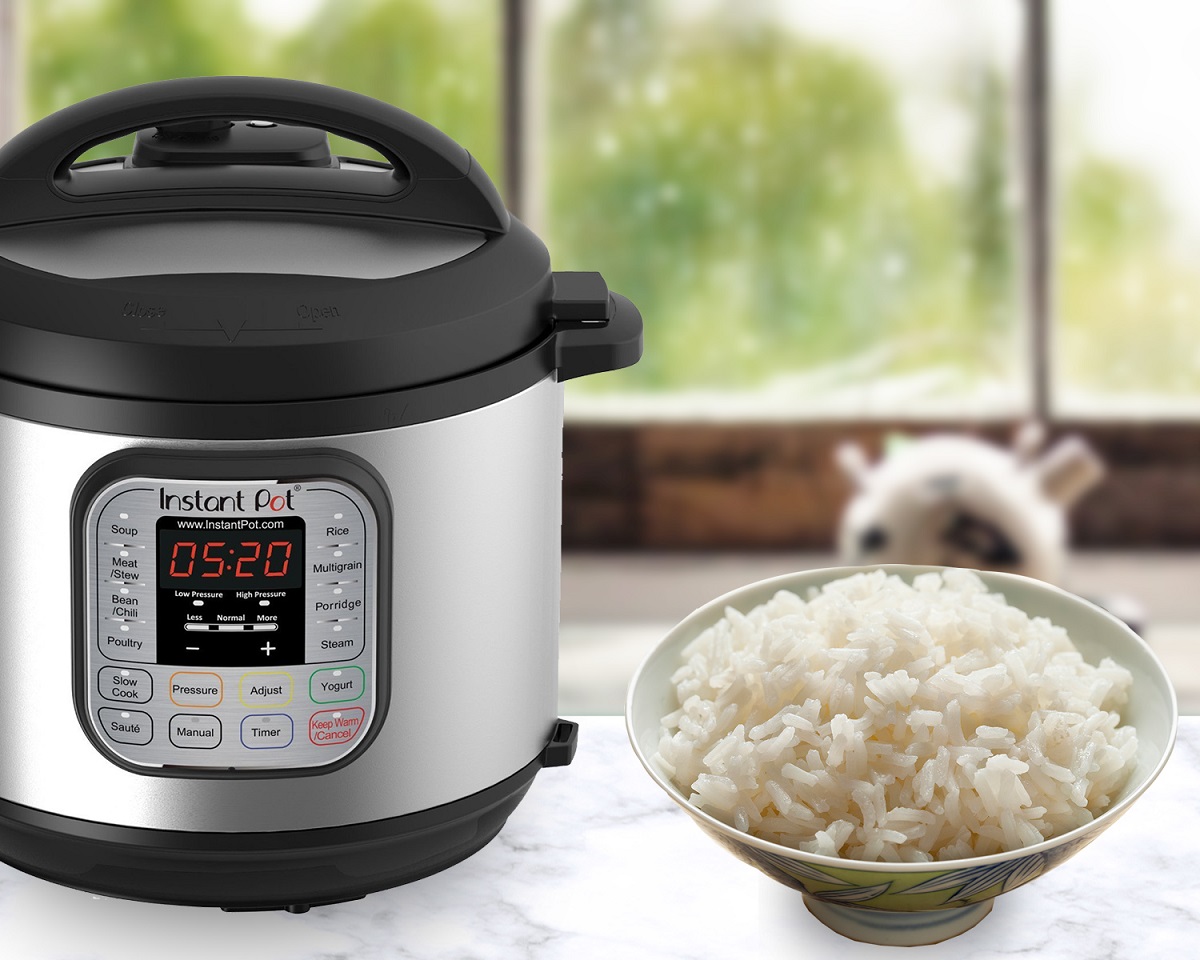
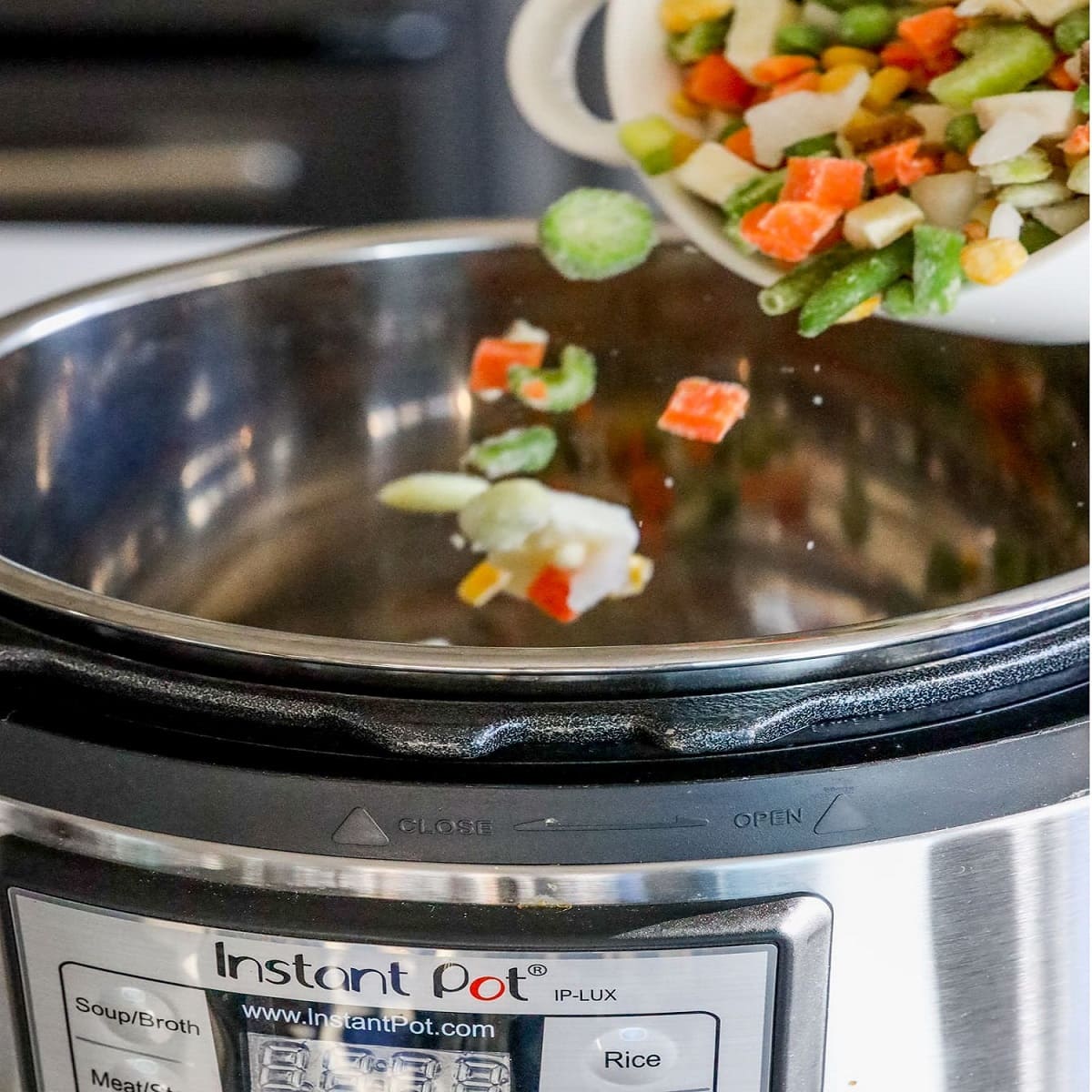
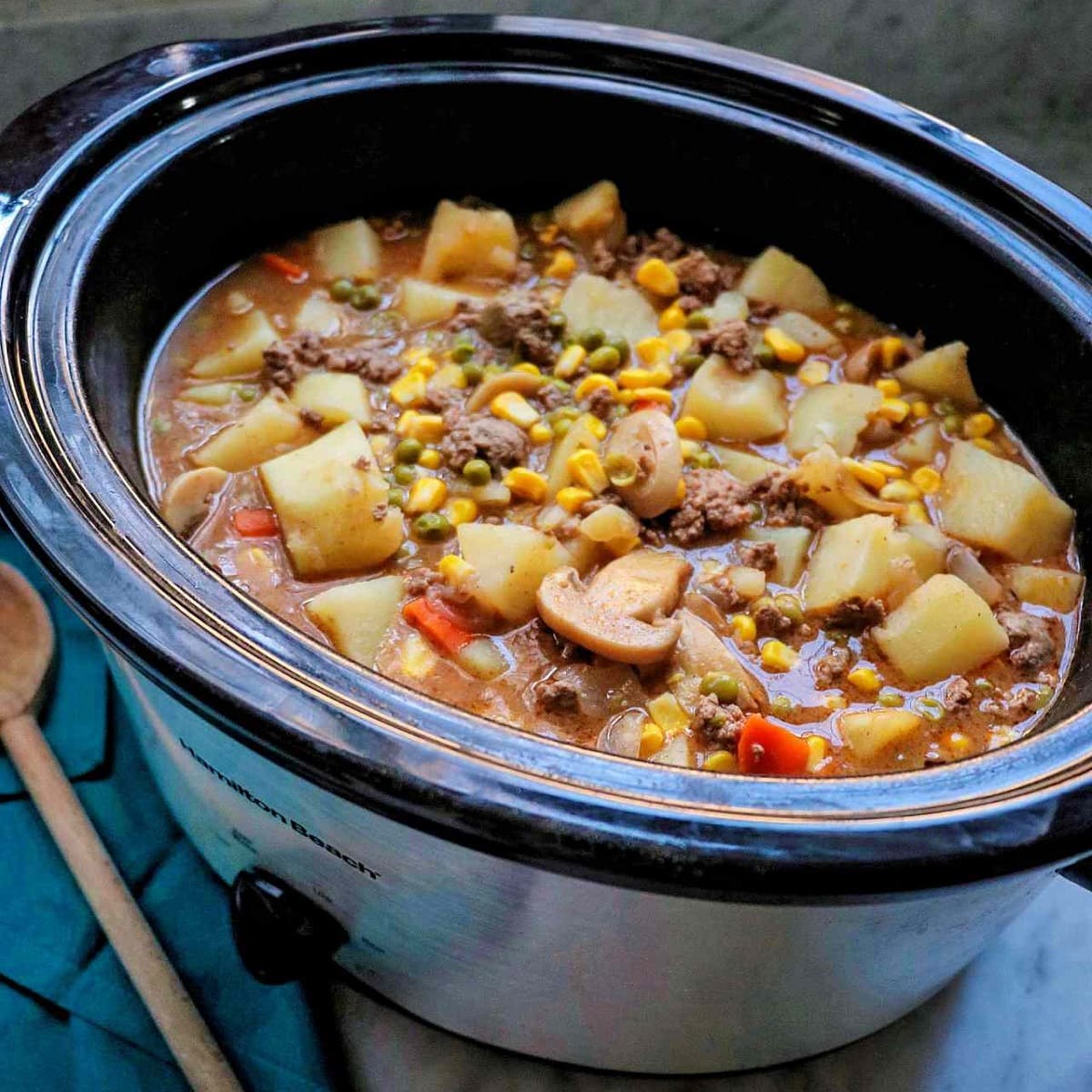
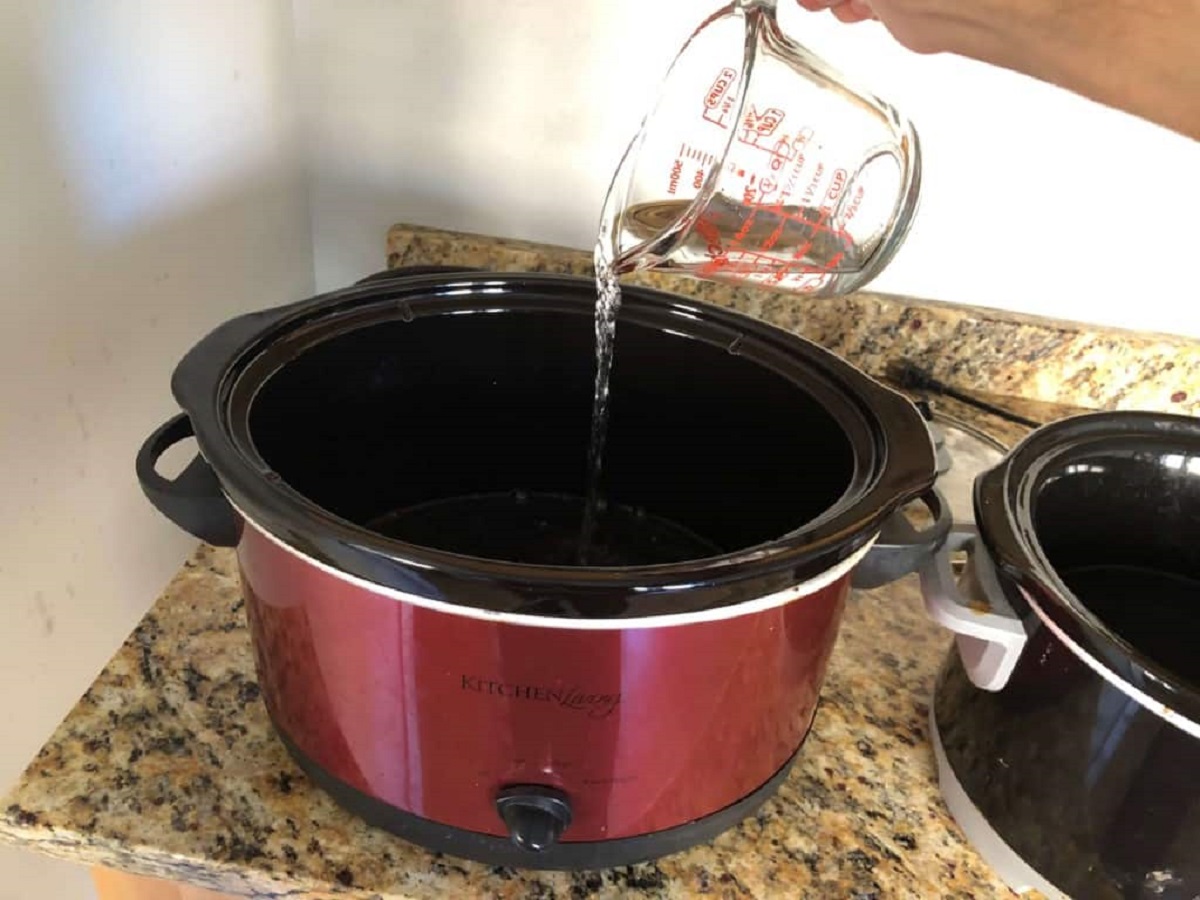

0 thoughts on “When To Put Potatoes In Slow Cooker”